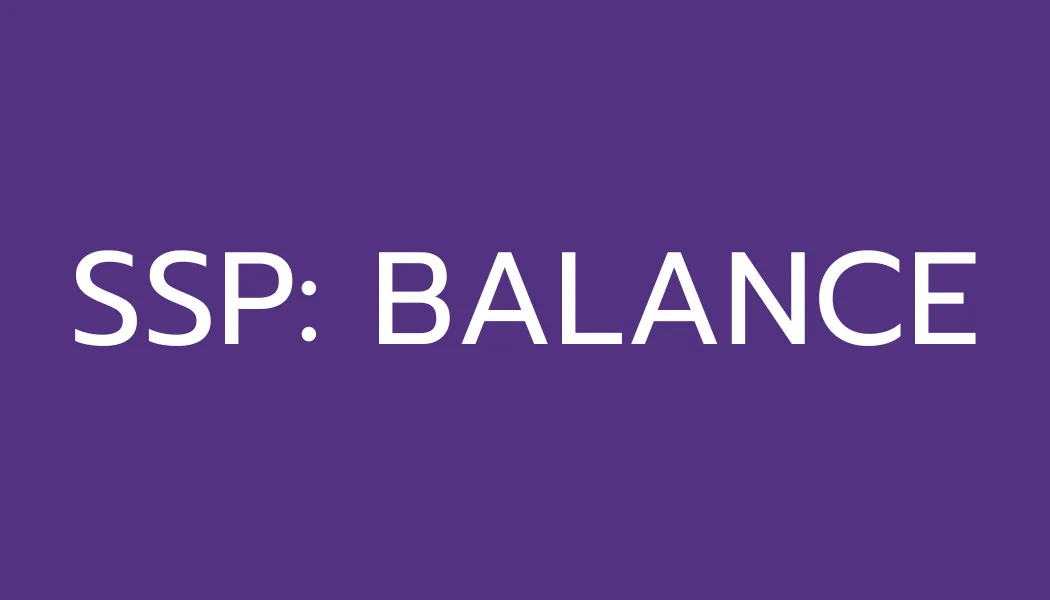Safe and Sound Protocol (SSP)
Acoustic vagus nerve stimulation for sensory regulation
HOME / SSP
RESTORING SAFETY IN A COMPLEX WORLD
Human beings are, by their very nature, designed to be social animals that find safety and comfort in the presence and connnection with others, contributing to feelings of peace and calm within ourselves. In an increasingly busy, stressful, socially disconnected world, many people are struggling to regulate their nervous systems leading to issues with:
- Chronic Pain and Fibromyalgia
- Neurological differences such as Autism and ADHD
- Social, emotional and attachment disorders
- Auditory hypersensitivity
- Body organization
- Nervous system dysregulation
- Learning, cognition and attention difficulty
- Sensory processing differences
- PTSD, Depression, Anxiety Disorders
- Stress-related physical conditions
The Safe and Sound Protocol
While traditional treatments may help with many aspects of these conditions, many with adverse experiences, or conditions such as ADHD, Autism, Chronic Pain, Fibromylgia, or PTSD continue to face challenges that require most specific neurological interventions.
The Safe and Sound Protocol (SSP) is an evidence-based, 5 hour listening program based on Dr. Stephen Porges’ Polyvagal Theory. It has been found to improve self-regulation and social engagement in those with anxiety, trauma, social and emotional difficulties, auditory sensitivities and processing difficulties, and stressors that impact social engagement.


The SSP is a supervised intervention, delivered by highly qualified, certified, and licensed SSP Practioners. In our facility, that provider is Zita Dube-Lockhart, a trauma informed movement specialist who has an extensive background in behavioural counselling, pain and stress management, movement integration, and early childhood intervention.
It is a safe, non-invasive, evidence based program that can delivered in person or online and can support children and adults alike.
An Introduction To The SSP From Dr. Stephen Porges
Watch this video to hear from Dr. Stephen Porges, author of Polyvagal Theory, creator of the Safe and Sound Protocol, and Chief Scientific Officer at Unyte-iLs, about why the SSP is so impactful.
Poly Vagal Theory: The Science of Feeling Safe
Polyvagal Theory, or the “science of feeling safe,” is another one of the key research advancements that helps us better understand our challenges and gives us a foundational framework for non-invasive ways to support them.
This video from Unyte-iLs offers an overview of the polyvagal theory and how it applies to state regulation.
Pathways to Safety: SSP Connect, Core and Balance
The complete SSP program can be delivered using two pathways: active and passive. The active pathway consists of the CORE program, with CONNECT and BALANCE making up the passive pathway. Each of the SSP pathways is composed of different filtered, unfiltered and calming 5-hour music playlists designed specifically for either children or adults.
The different SSP pathways are designed to help the nervous system to better receive, process and respond to the cues and signals from the world around us. This helps us learn how to more easily and consistently feel better regulated in the face of life’s challenges.


- Warm up the nervous system with a gentle and slow introduction;
- Establish familiarity and a sense of safety
- This provides a safe and titrated introduction for those with more sensitive systems.
- Ideal as an introduction for use with young children.

- The original, 5 hour listening program designed to wake up the nervous system, to build up capacity, and acheive reduced sensitivity and a more resilient physiological state.
- Can be delivered in a combination of different session durations and program lengths.

- Continue to stabilize and maintain a sense of grounding and further integrate the benefits of SSP core.
- Designed specifically to promote a continued sense of neuro-sensory integration and to enhance the benefits achieved during the SSP CORE program.
We Are A Safe Space
For us, creating a safe space means curate a "culture of care" where:
- Every person is welcomed and feels honoured, respected and seen for who they are.
- People are free to move through our space free from discrimination, judgement and harassment.
- People know their rights, know how to access support when they feel like their rights are not being respected, and receive fair and supportive action to address concerns as they arise.
- People feel heard, understood and valued.
- People are encouraged to give thoughtful and critical feedback on how we can improve and be more actively engaged in supporting our community.
- Accessibility, on all fronts, is considered and all measures possible are undertaken to create an atmosphere of inclusion.
- Our team, our clients and the community at large feel safe and welcome to contribute to dialogue that helps to forward social equity and social understanding.






